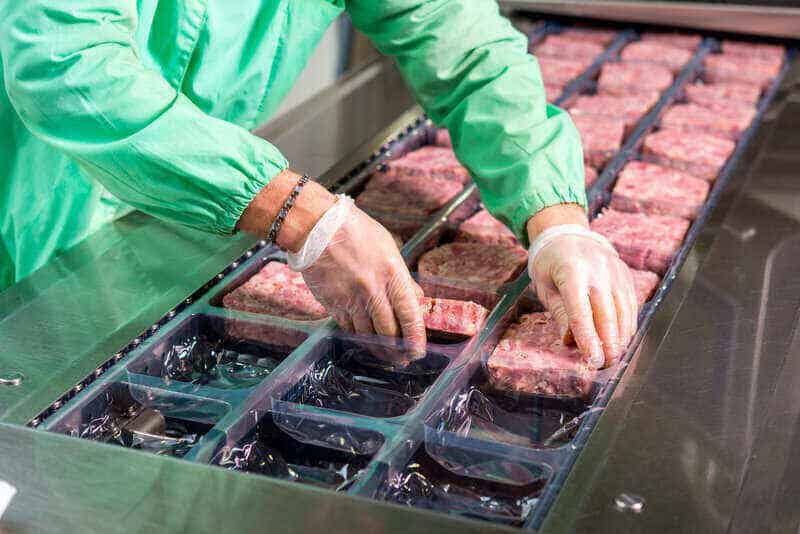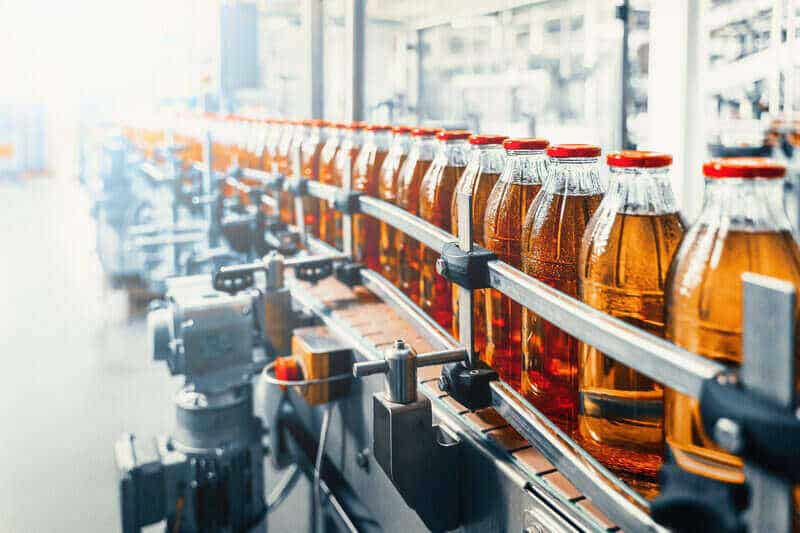Every industry faces its own series of challenges and trends for 2021. The food manufacturing industry has seen its own challenges and developments – some surprising and some not.
The food manufacturing industry, like many others, are adapting not only to Covid19 related changes but also other emerging trends and challenges.
Let’s take a look at some of them here.
Food manufacturing industry affected by lockdowns and working from home
One set of challenges for the food manufacturing industry is balancing work environments to fit in with strict Covid levels.
Unfortunately, working from home to produce the food we consume is not an option.
Food manufacturing companies have had to grapple with the way they operate making changes to processes. Some were deemed ‘essential workers’ and continued to operate during lockdowns. However, there were still challenges to the processes and operations. On the other hand, businesses like restaurants, takeaways, and cafes were not able to operate, and working from home was not an option.
Staff management, operation procedures, and social distancing while in the food manufacturing sector has been and still is a challenge, as we alternate between the different alert levels.
Ensuring people are kept safe and still being able to work is an everyday challenge and a priority.
Hygiene standards in food manufacturing
New Zealand has stringent hygiene standards and processes that must be met by companies that produce and manufacture food.
And this presents another challenge within the industry: keeping on top of the normal processes for hygiene and cleanliness – as well as ensuring there are higher levels of sanitisation and cleaning to prevent the spread of Covid.
Hygiene and safety standards are crucial in this industry, to protect consumers and maintain the trust of companies and manufacturers.
Antimicrobial treatments
Already a popular and regular treatment for many food manufacturing and production plants, antimicrobial treatments have become more regular and in demand.
Why?
They are a specialist treatment applied by qualified cleaners to industrial and commercial spaces.
An antimicrobial treatment removes the build-up of bacteria, viruses, and other growths that can become problematic.
Sustainability
Sustainable choices and products have steadily been increasing worldwide. In a different direction to the impacts of Covid19 – the impacts on the environment are important too.
The food manufacturing, processing, and production industries are moving towards creating more sustainable ways to manufacture and produce goods, and that includes packaging.
The step towards sustainability is an important one. The fight against climate change and the environmental impact of our choices is another trend that continues to dominate across many industries.
As the world’s population continues to grow, gaining access to sustainably produced products remains one of the most challenging.
It’s not just how we produce and manufacture food, but how we source products too. Even down to what machinery and equipment are used, along with the packaging.
As of 1 July 2019 New Zealand banned the use of single-use or plastic bags, a huge leap and adjustment for industries and businesses.
The type of food we produce and purchase
Plant-based foods, meat selection, and functional foods are other growing trends within the food manufacturing industry. People are becoming more open to vegetarian and vegan alternatives to our typical kiwi meat and three vegetable style meals.

Plant-based and sustainable foods will continue to grow steadily this year and beyond.
“This year, I anticipate food players across the industry will make a concerted push to accelerate innovation timelines. We’ll see more partnerships with experts outside the industry – from academic research institutions to agile and experimental start-ups – to develop plant-based food breakthroughs and demonstrate that innovation in the industry can be both revolutionary and fast.” – Mike Leonard, Chief Technical Officer at Motif FoodWorks
Even our selection of meat has changed dramatically. With the availability of organic and hormone-free meat, our choice of food to purchase, consume and produce is changing and will continue to change in 2021.
Fermented foods, like kombucha, kefir, sauerkraut, miso and kimchi to name a few, are another way consumers are changing their food choices. We saw this shift during 2020 and it’s still a growing trend within the food manufacturing industry.
How we help the food manufacturing industry
We understand the different challenges that the food manufacturing industry faces.
Our team has years of experience offering a wide range of services to industrial and commercial food manufacturing, processing, and production plants. We are dedicated to providing high-quality cleaning, sanitisation, and treatments with a strong commitment to health and safety practices. We pride ourselves on our code of conduct and professionalism. Our staff represent Rapid’s strong team values, working with integrity on all jobs we undertake.
Find out more about our service or get in touch with us today to find out how we can help your business.

